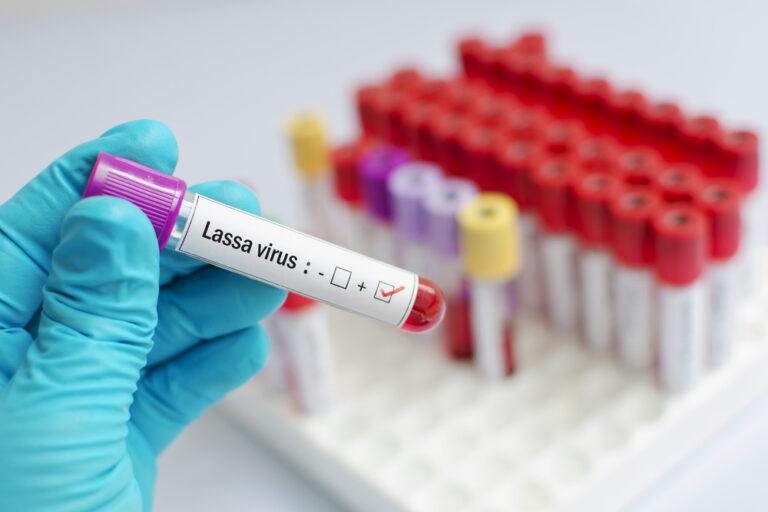Dr. Simeon Agwale has revealed a major breakthrough in the fight against Lassa fever, as a vaccine developed by a Nigerian scientist has demonstrated complete protection in preclinical trials involving mice and non-human primates.
Dr. Agwale, Chief Executive Officer of Innovative Biotech, disclosed this during an interview in Abuja, expressing optimism that this advancement could mark a turning point in controlling the deadly virus, which continues to affect parts of Nigeria.
The vaccine, licensed from the University of Melbourne to Pac-Man Biologics, showed exceptional results—providing 100% protection during animal trials. Agwale emphasized that this is the first vaccine to prove effective against the Nigerian strain of the Lassa virus, which is genetically distinct from the more commonly used Josiah strain originating in Senegal.
“We hold exclusive licensing rights for the vaccine in Africa,” Agwale explained. “We pay royalties to the University of Melbourne as part of the innovation ecosystem. They did the foundational work—we’re now driving it forward.”
According to Agwale, five of five unvaccinated mice died after being exposed to the virus, while all vaccinated mice survived. Similar results were observed in primate trials, where unvaccinated subjects died by the 22nd day, but all vaccinated animals survived.
“This is a clear indication of 100% protection,” he said. “We aim to commence Phase 1 clinical trials soon.”
Agwale noted that doses for the upcoming clinical trials are currently being manufactured in the United States under a technology transfer agreement, pending the completion of a vaccine production facility in Nigeria.
Beyond the scientific milestone, Agwale criticized the state of Nigeria’s academic and research systems, particularly the inefficiencies in postgraduate education.
“We’ve spent millions sending lecturers abroad for postdoctoral training, yet seen little return,” he said. “Most U.S. postdoc positions are already funded. Sending extra money without structured reintegration back home yields no benefit.”
He called for a fundamental overhaul of Nigeria’s academic curricula, urging a shift towards industry-aligned training in fields such as vaccinology and drug development.
“Our universities still run master’s programs in microbiology with nine subjects per semester—what’s the end goal?” he questioned. “We need graduates who are skilled in the actual processes of vaccine development, testing, and manufacturing.”
Agwale further stressed the importance of institutional ownership of research, urging universities to generate funding through problem-solving innovations rather than relying solely on government support.
“To truly innovate, we must build research centers, retain our talent, and align our work with national needs,” he asserted.
He concluded by highlighting the need for both global collaboration and local capacity development to ensure Nigeria’s health security and scientific independence.
“This isn’t about being a local champion—it’s about competing with the best globally,” Agwale said. “Health emergencies don’t wait.”

